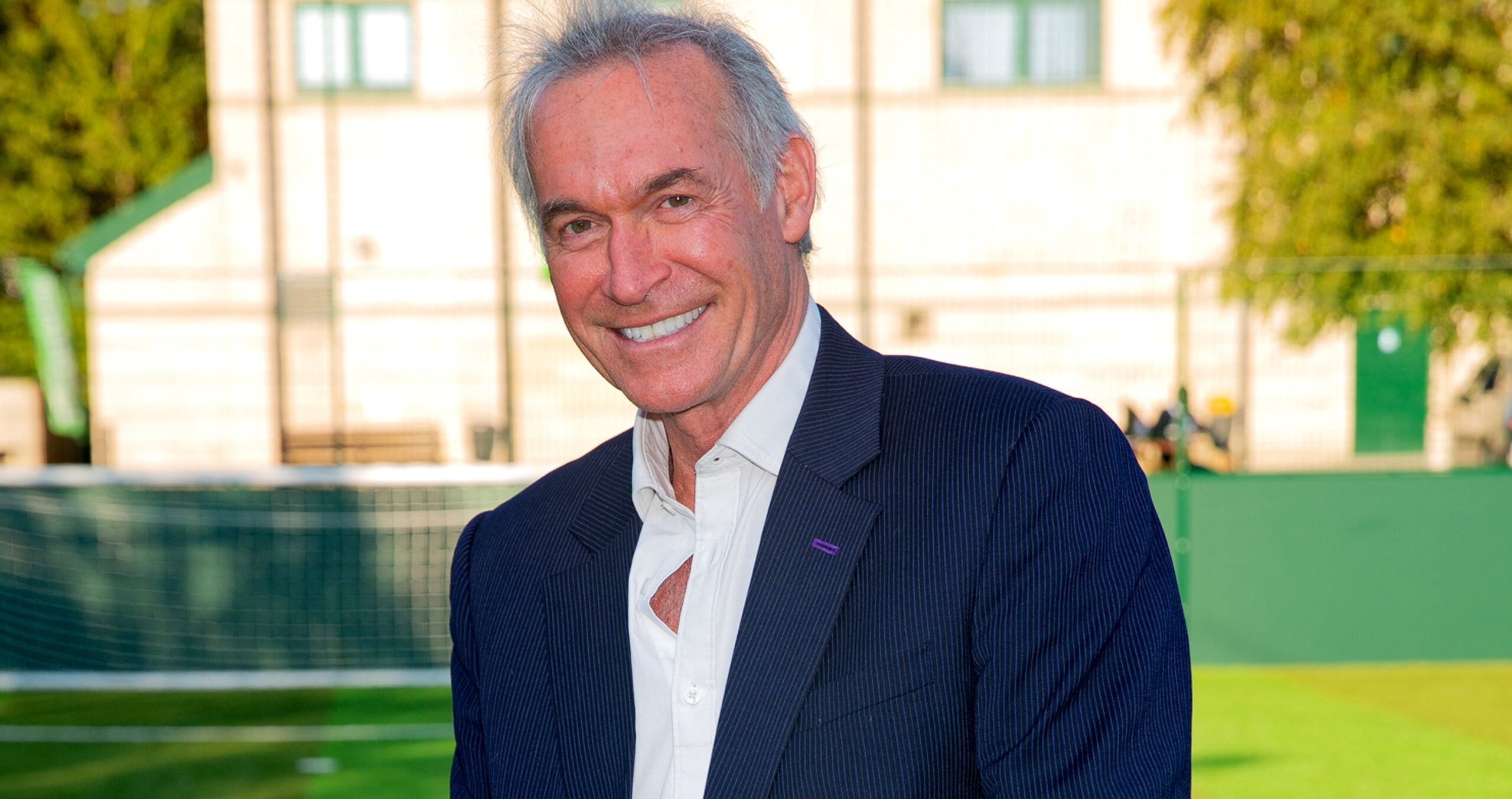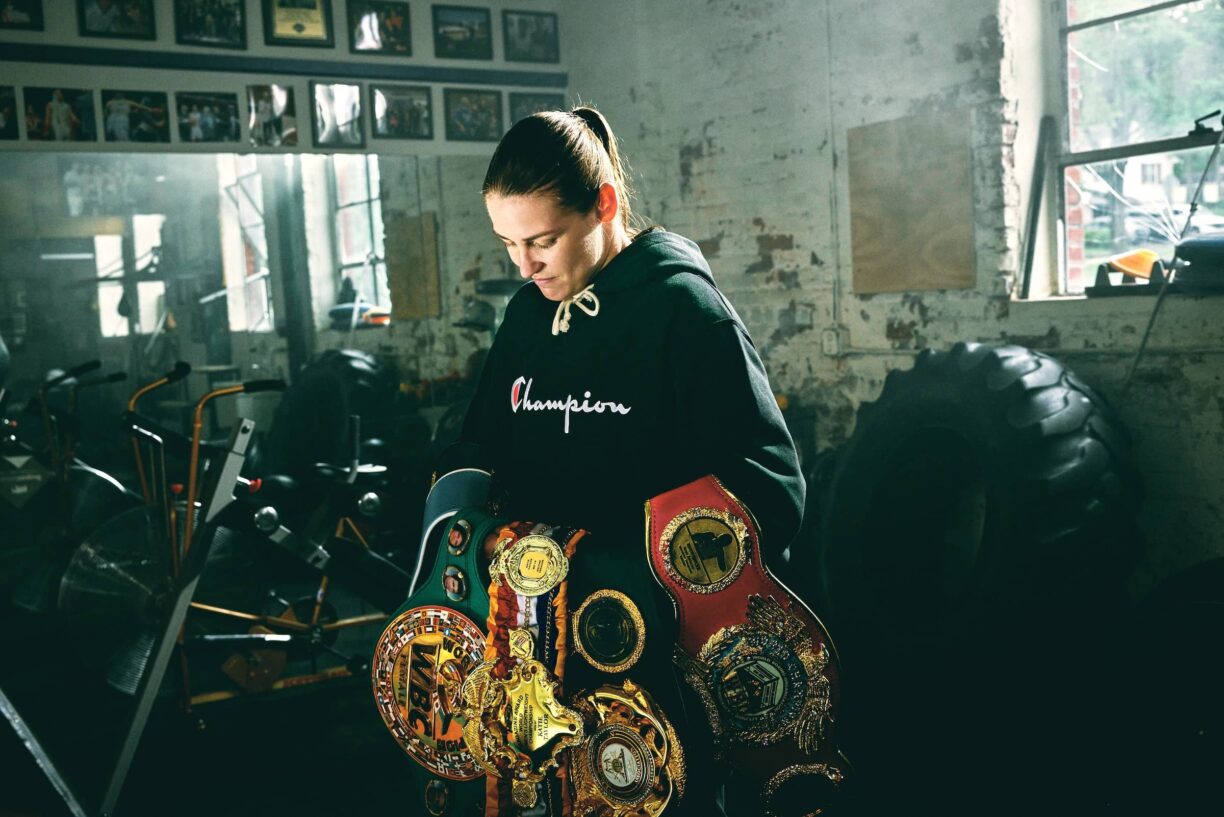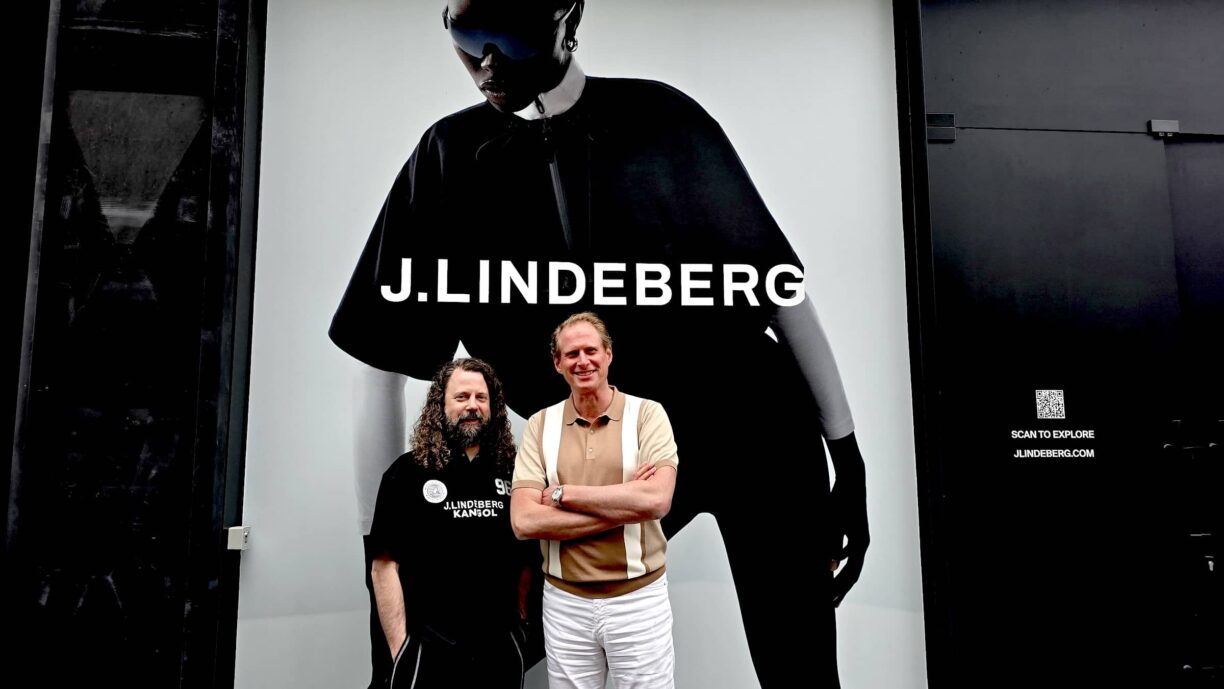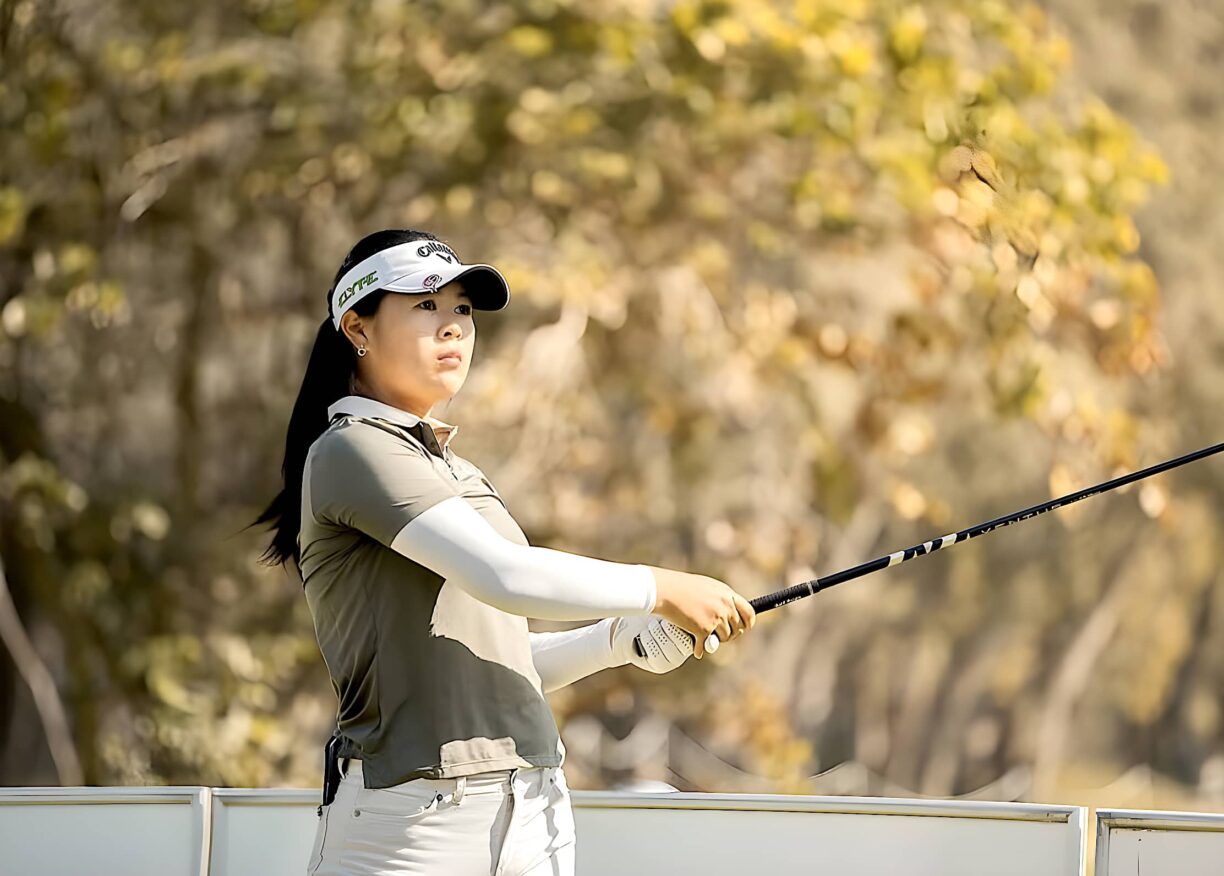Medical expert on ITV’s Good Morning Britain, Dr Hilary Jones has been a hit during the pandemic, dispensing guidance and reassurance to the nation.
He’s won acclaim not just for his ability to make sense of the science and Government rules, but for his good looks and dazzling smile, and has even been dubbed a ‘Corona crush’ with a cult following on social media.
The 67-year-old father-of-five, who lives in Kent and is married to GMB’s fitness trainer, Dee Thresher, 50, talks about the pandemic, what he believes the future holds for our health, and how he looks after his own health and wellbeing…
How do you feel about being described as a ‘pandemic pin-up’ and ‘silver fox’?
“I certainly wouldn’t use those descriptions myself. It gives Piers [Morgan] a lot of pleasure calling me that, and ‘Dr Dishy’ and teasing me about it. I’d actually call myself a ‘pandemic pensioner’ rather than a ‘pandemic pin-up’!
“Seriously, what I do like is that people trust what I say. There are plenty of people out there with extreme views, based on ignorance and scare-mongering, which can either be dangerous or ridiculously reassuring. My mission is really to put a sensible perspective on the whole thing and tell people what they need to do and how to go about their lives sensibly and safely.
“I can draw on 45 years experience as a GP and in clinical practice, have access to a host of specialists, and I’m spending a lot of time researching and studying developments and what’s going on.”
Are people being careful enough?
“Most people are, especially people who’ve been shielding and older people. They’ve been very responsible throughout.
“So, by and large, are most young people, but there’s a minority who want to deny the virus even exists, don’t care about the risk because they don’t think it impinges on them, and aren’t particularly sympathetic about the knock-on effect to other people.
“In reality, it could impact on them if they lose their jobs because businesses go to the wall, they haven’t got money, and can’t socialise because of another strict lockdown. They need to urgently realise everyone needs to play their part.”
How is your TV colleague Kate Garraway [her husband Derek Draper is still seriously ill in hospital since contracting the virus]?
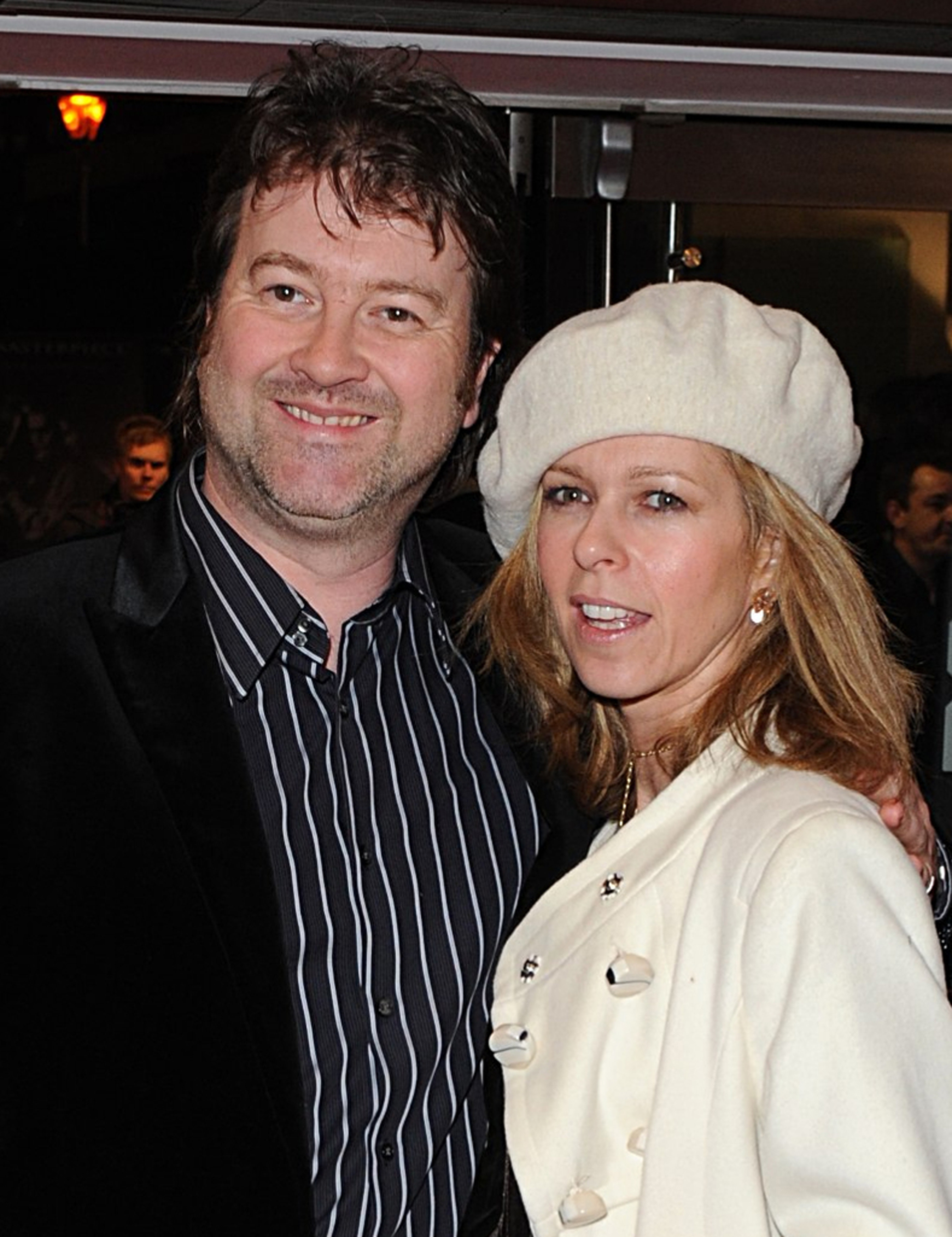
“Kate has spoken very movingly and intelligently about Derek’s situation. He’s still gravely ill and this is still a virus we don’t know much about, so the outlook is uncertain.
“But while he’s alive, there is hope. He didn’t really have any pre-existing conditions and he’s relatively young, so it just goes to prove it can happen to anybody and it can be quite severe.
“It’s really awful, but she’s handled it very, very well. She’s been very strong and whenever she talks about him, she’s very careful to sympathise with everybody else in their situation and thinks about them too. She’s been very inspiring.”
How worried have you been about your own health, as you fall into a vulnerable age group?
“Luckily, I’m a natural optimist and very pragmatic. Being busy and active is very important for me and fortunately I’ve been able to be that throughout this time. I’ve not really experienced lockdown as I’ve continued going into the TV studio, while taking all the necessary precautions, and I’ve been keeping myself as fit as possible with cycling, squash and walking my dog.
“I have a real passion and interest in keeping people healthy, which means my job doesn’t really feel like work because I’m so engaged and fulfilled by it. This is the biggest medical story in my career, and reporting and researching it is fascinating and a wonderful distraction from thinking about my own vulnerability.”
How do you think the medical world has coped with the pandemic?
“I think medicine has been in shock. We’ve talked [over the years] about the possibility of a pandemic, but I don’t think anybody really believed it. I don’t think anybody really thought that with modern medicine we wouldn’t be able to fix it.
“I think eventually we’ll [have an answer], but how effective it will be remains to be seen. One’s hope is that the virus will disappear as mysteriously as it came, just like the Spanish flu in 1918 – fingers crossed!
“But I see cracks in the usual medical situation, where people from around the world co-operate when they’ve got a crisis, share data and work together. Think of pencillin, a drug that was never patented. I bet whoever finds a vaccine for Covid will patent it and earn money out of it, which is a shame, because the world needs free and open access to an antidote. Unless that happens, there’s a risk underdeveloped countries won’t be able to afford the vaccine. So I think this will be a big test of morals and consciences, as well as clever science.”
How can we help ourselves stay healthy?
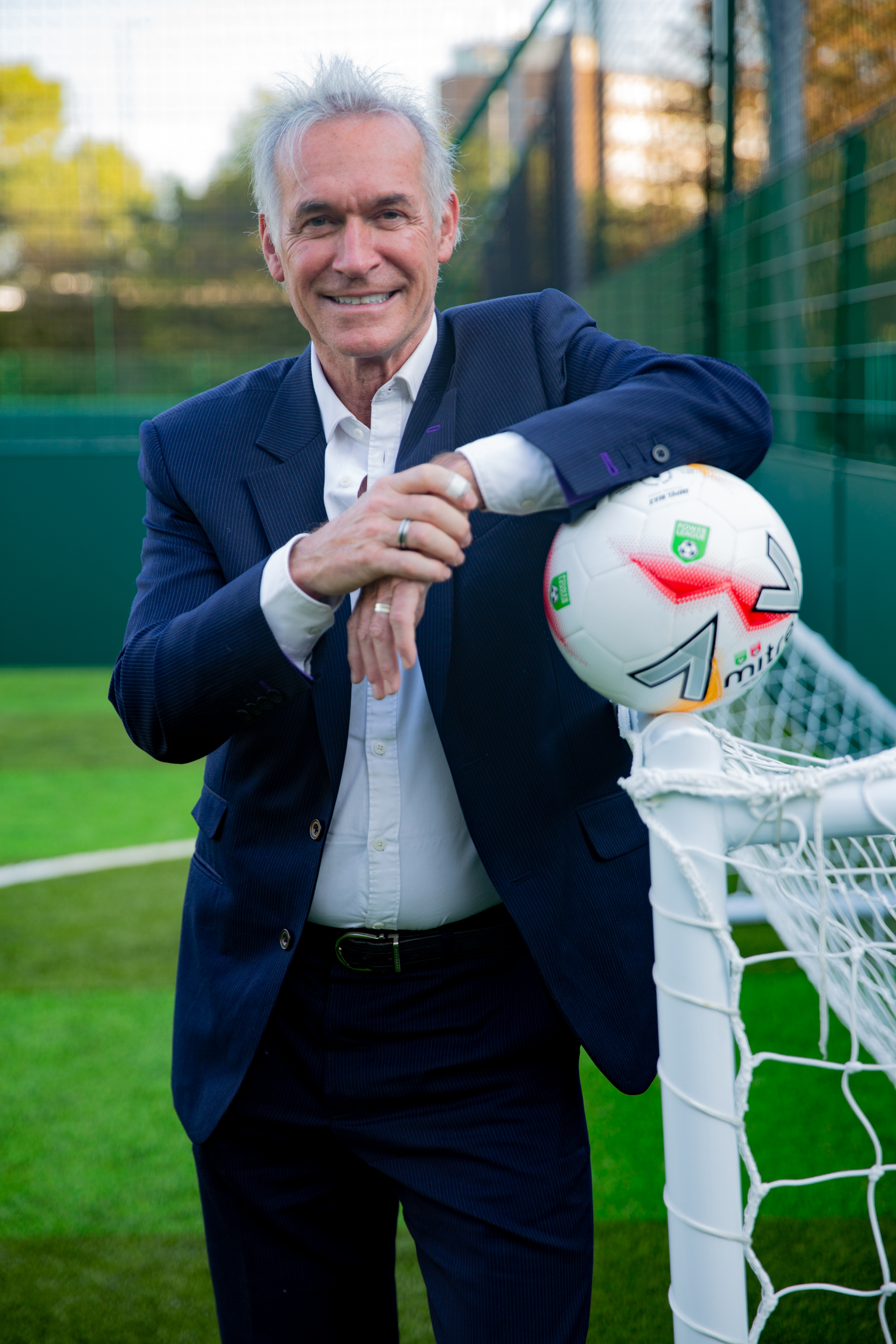
“It’s even more important now for people to exercise. It helps normalise weight, helps people put diabetes in remission, helps protect against heart disease, all of which pre-dispose vulnerability to Covid 19.
“On top of that, exercise helps people’s mental health. Physical activity triggers ‘happy’ hormones which can help boost self-esteem and confidence.
“So the overall benefit is huge. I’d always prefer to prescribe exercise rather than any medication. Powerleague provide brilliant pitch surfaces – like real grass terrain – and places which communities can come together for team sports and enjoy friendship and outdoor activity.”
How do you relax away from work?
“By spending time with my family. My wife, Dee, and I have been together 10 years, are very close and have so much in common. She’s a personal trainer on GMB and that’s how we met.
“Between us we have seven kids who are all grown up now, but keep us busy. I’m also a grandfather of three!
“The advice I’ve tried to follow is, ‘Don’t let the b*****s get you down!’, always have a sense of humour, don’t take yourself too seriously, and enjoy life.”
Dr Hilary Jones supports Powerleague, original and premier provider of commercial small-sided football in the UK, to raise awareness of the positive health impacts of exercise and sport during this time. Visit powerleague.co.uk.

